A certified climate project combined with additional commitment
This combined project contributes to the financing of a certified climate project and additionally supports international ocean protection. For every tonne of CO2 saved through the contribution via a certified climate project, 10 kg of plastic is collected in coastal regions. This intercepts plastic before it enters the sea and protects sensitive marine ecosystems.
Currently, ocean protection is combined with a certified cookstove project in India (climatepartner.com/1496). By using more efficient cookstoves, less firewood is needed, thus minimising deforestation. Combined climate projects to date: Solar energy, Omaheke, Namibia (climatepartner.com/1404), solar energy, UP, Karnataka and Maharashtra, India (climatepartner.com/1429), and improved cookstoves in Maharashtra (climatepartner.com/1499).


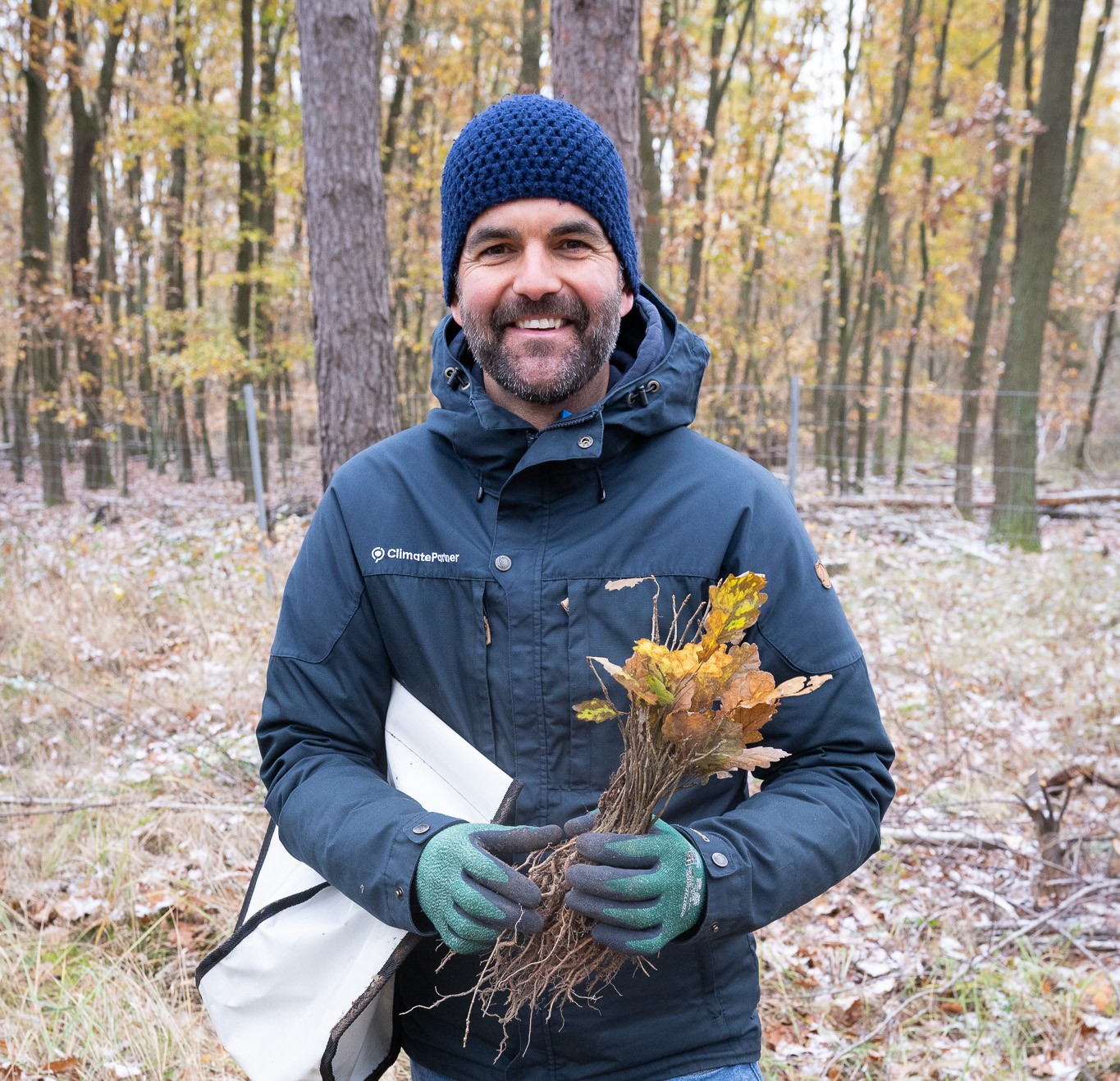
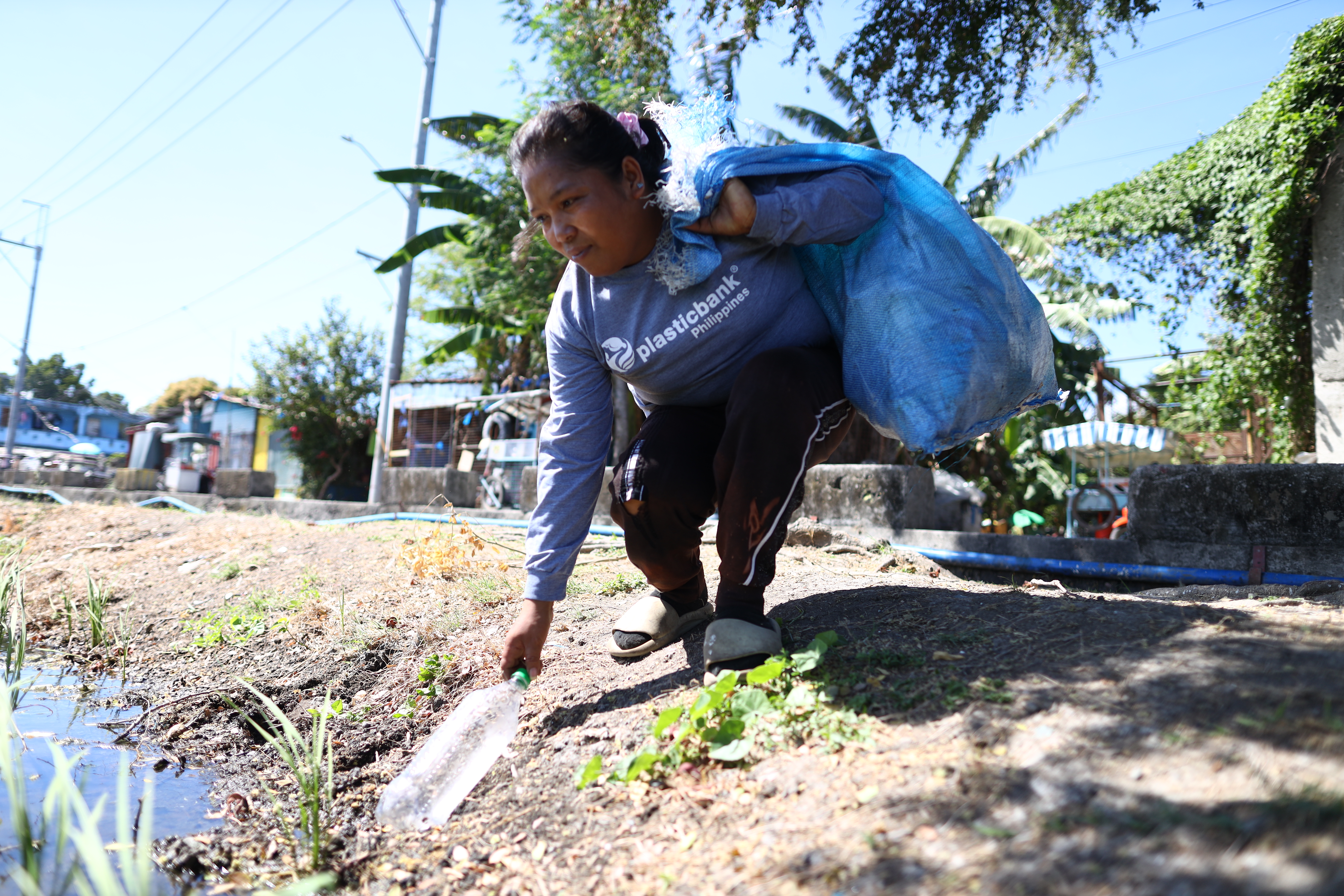
Our additional commitment: 10 kg of plastic collected for every tonne of CO2 reduced
With our combined project, we combine verified emission reductions through a certified climate project with additional commitment that protects our oceans. Oceans store a quarter of the CO2 from the atmosphere and even 93 percent of the heat caused by the greenhouse effect - making them a major brake on climate change. Warming, overfishing, pollutants, and waste endanger this balancing function. Over 12 million tonnes of plastic waste end up in the sea every year. Especially in developing countries that often lack infrastructure for proper waste disposal.
Plastic Bank empowers ethical recycling communities in vulnerable coastal areas. Community members exchange plastic at local collection branches for life-improving benefits, such as health and life insurance, meal vouchers, and secure income. The certified climate project is registered with international standards.
What’s a combined project?
With combined projects, ClimatePartner brings together funding for international, certified climate projects with additional support for nature conservation projects.
Explore our projects
Biochar for Climate Action, Healthy Soils, and Better Harvests
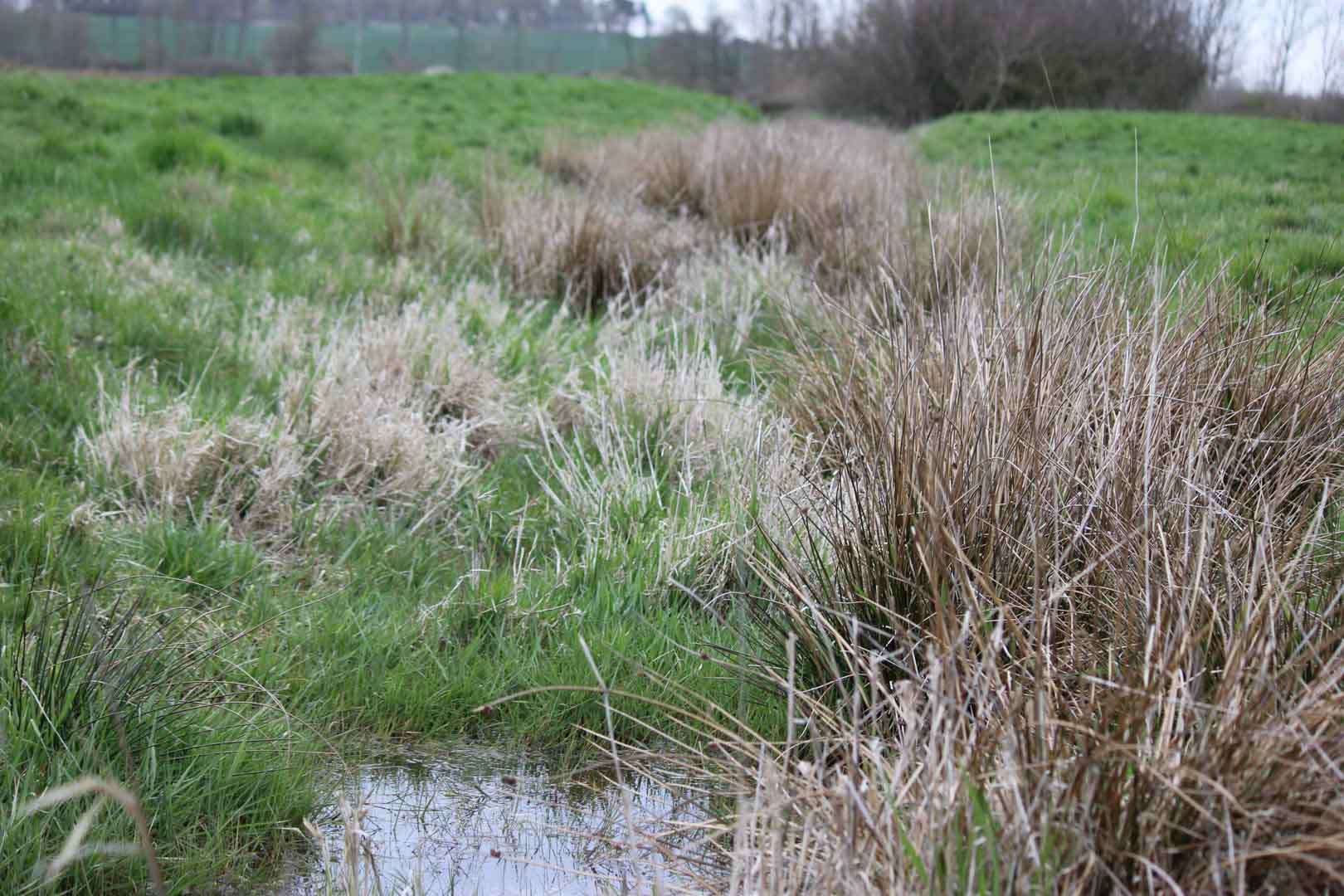
A certified climate project combined with additional commitment
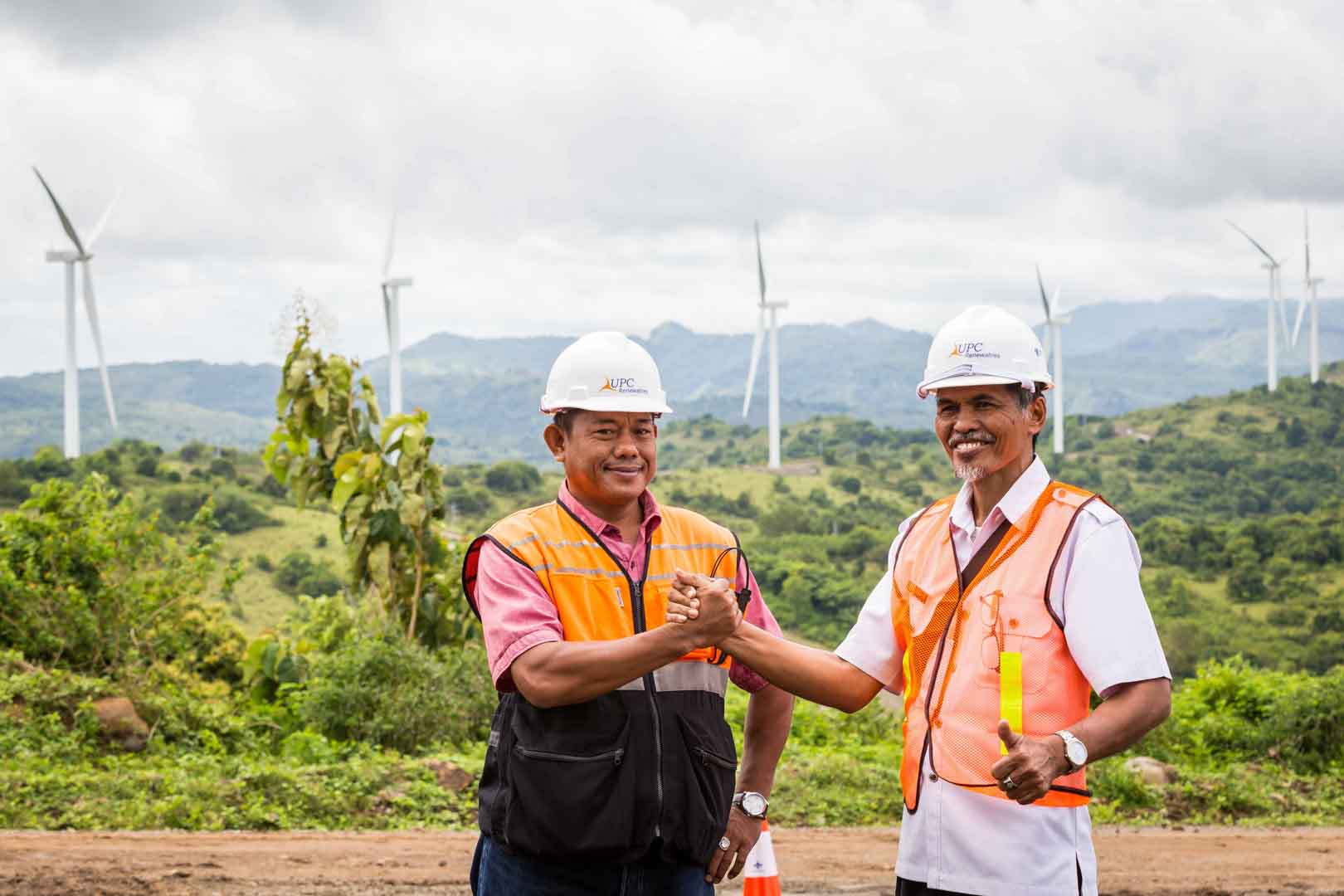
Expansion of renewable energy generation in Asia
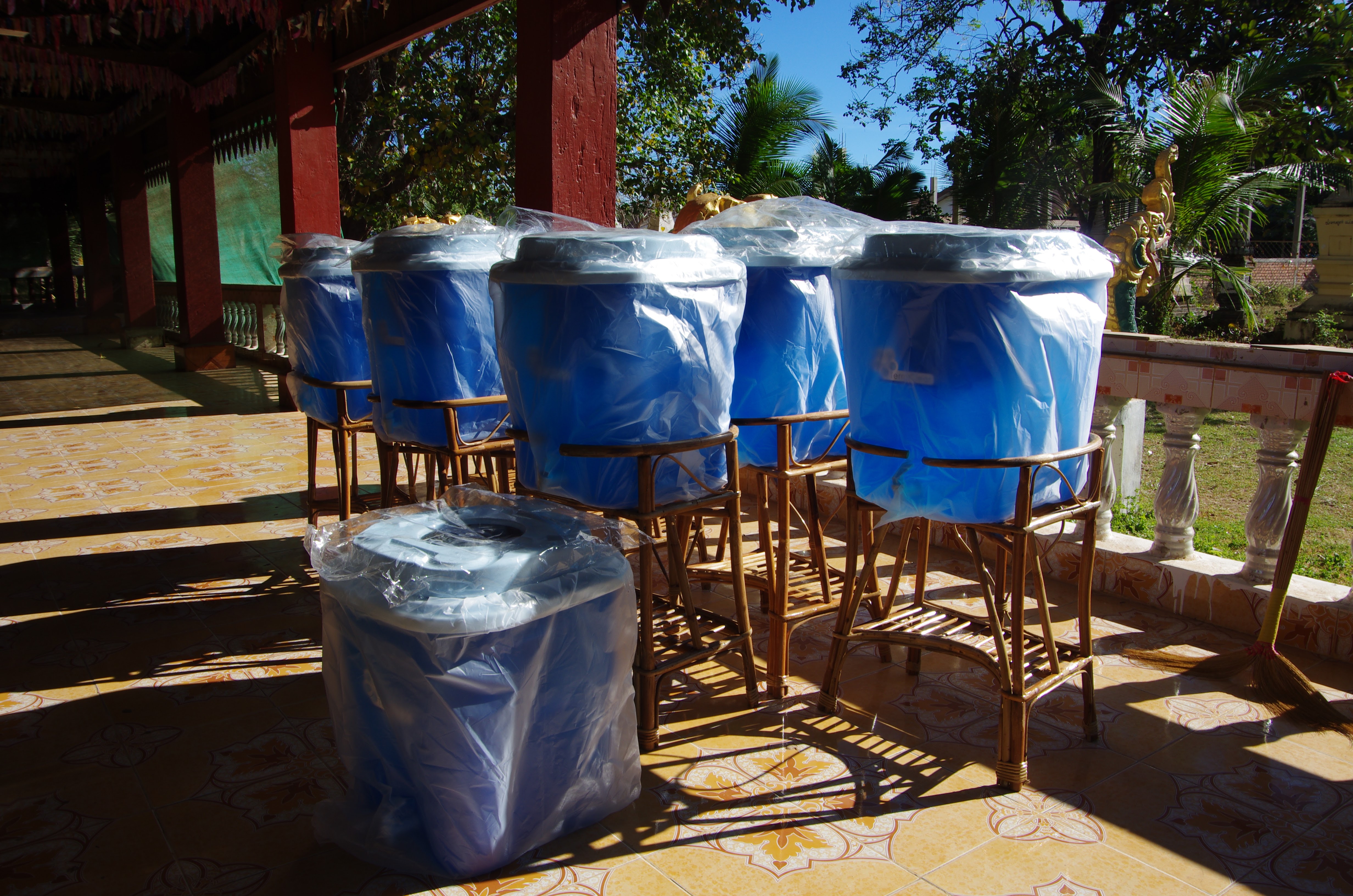
Ceramic water filters save CO2 and improve health
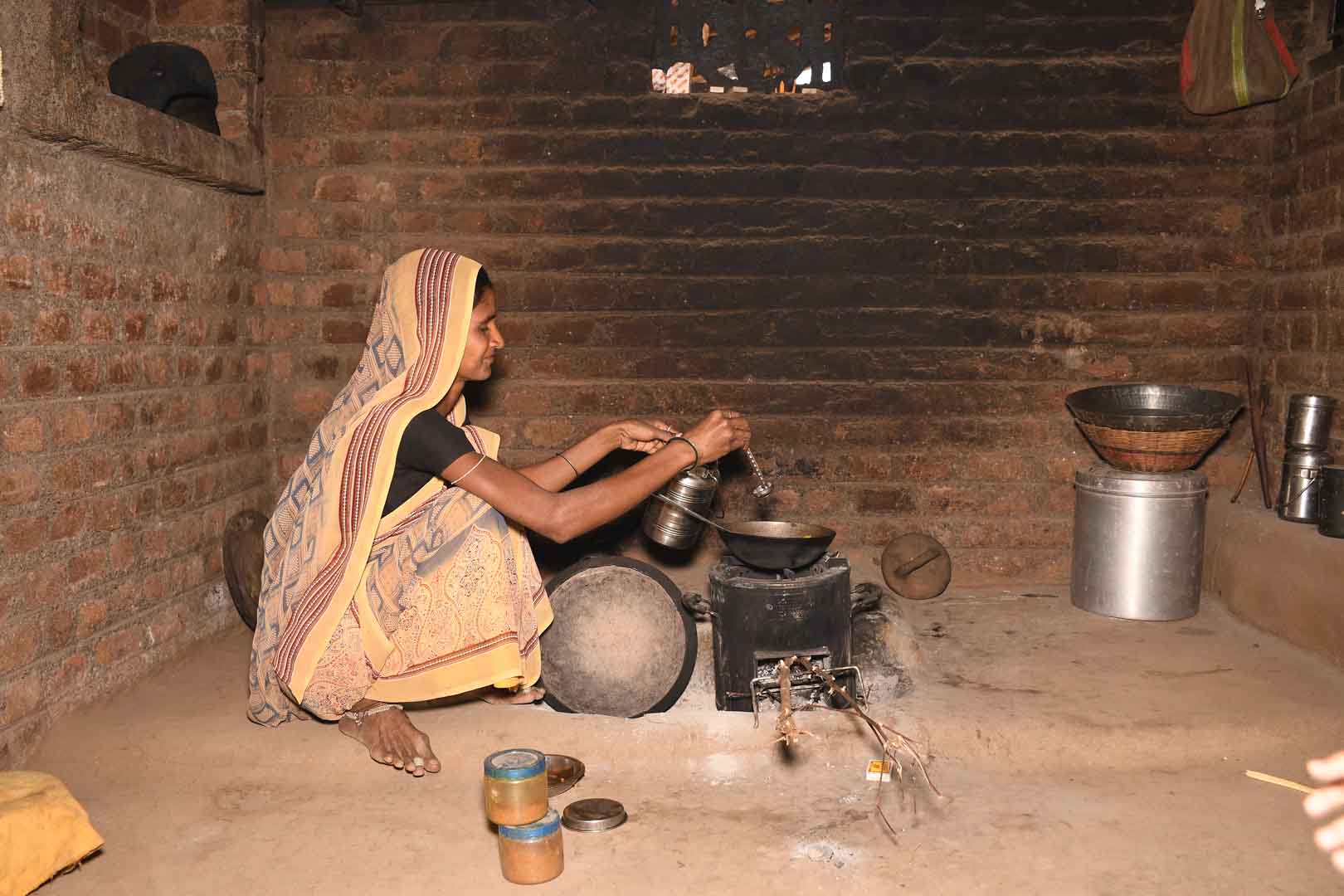
Improved cookstoves worldwide – for better health and cleaner air
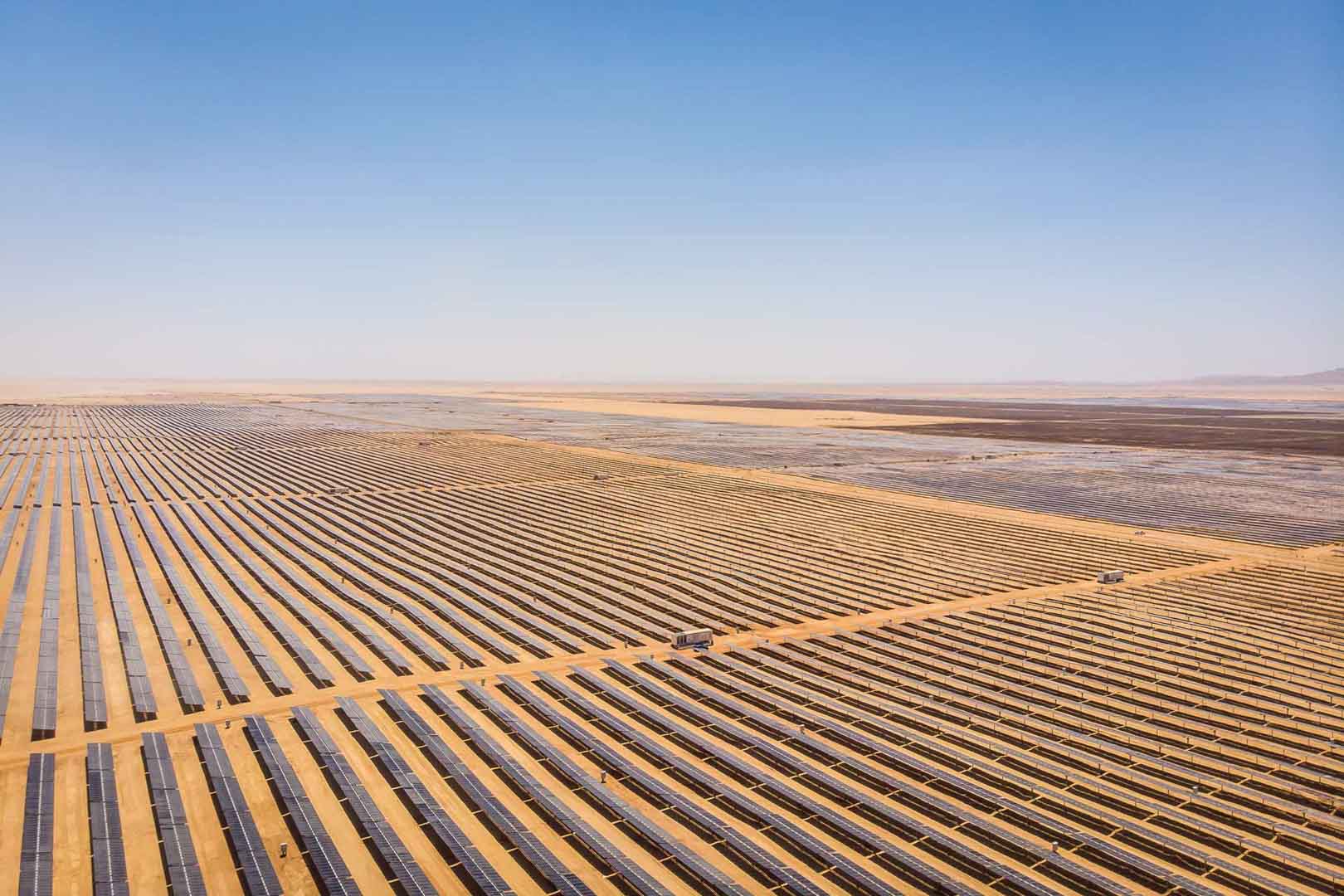
Powering access to renewable energy in Africa
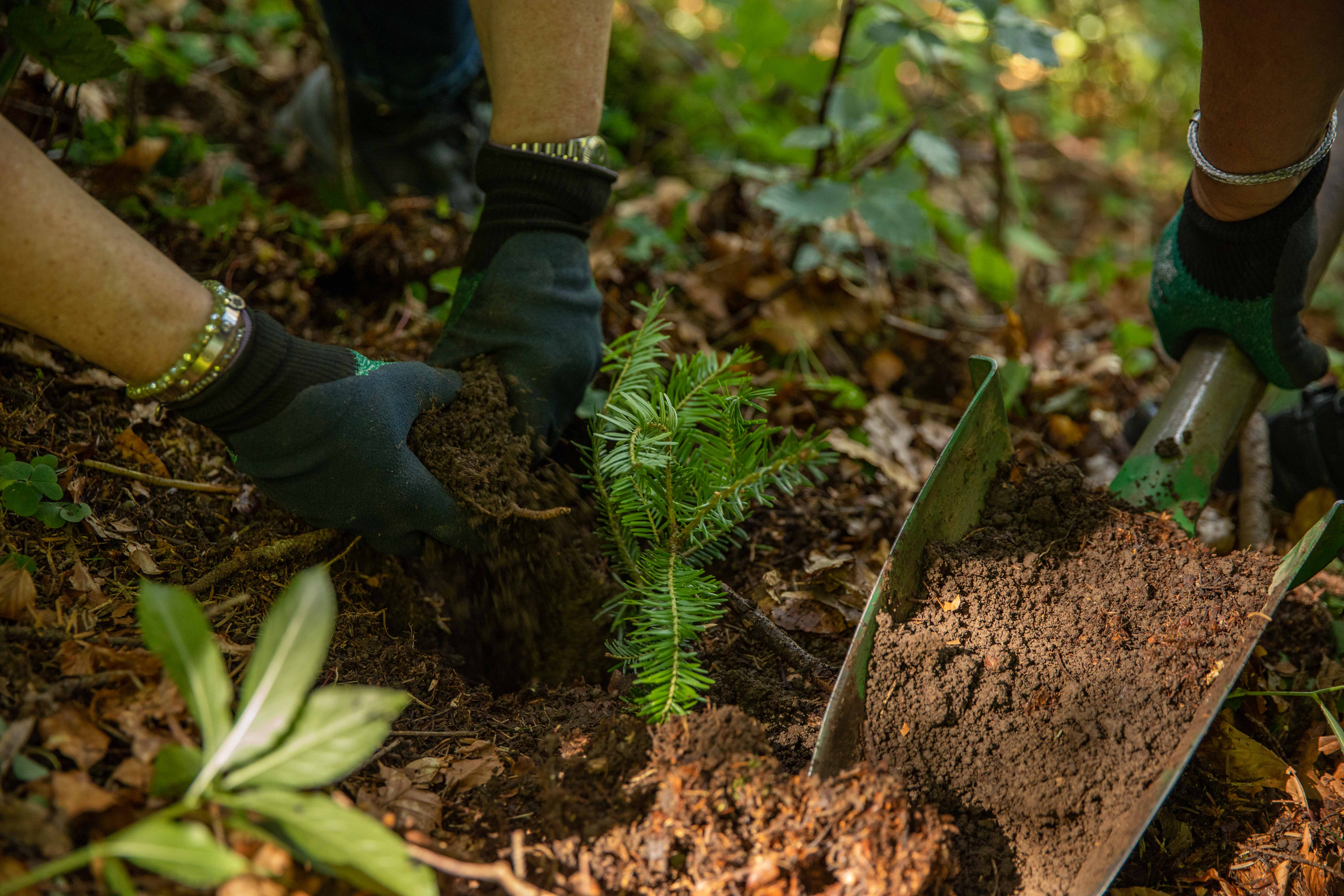
A certified climate project combined with additional commitment
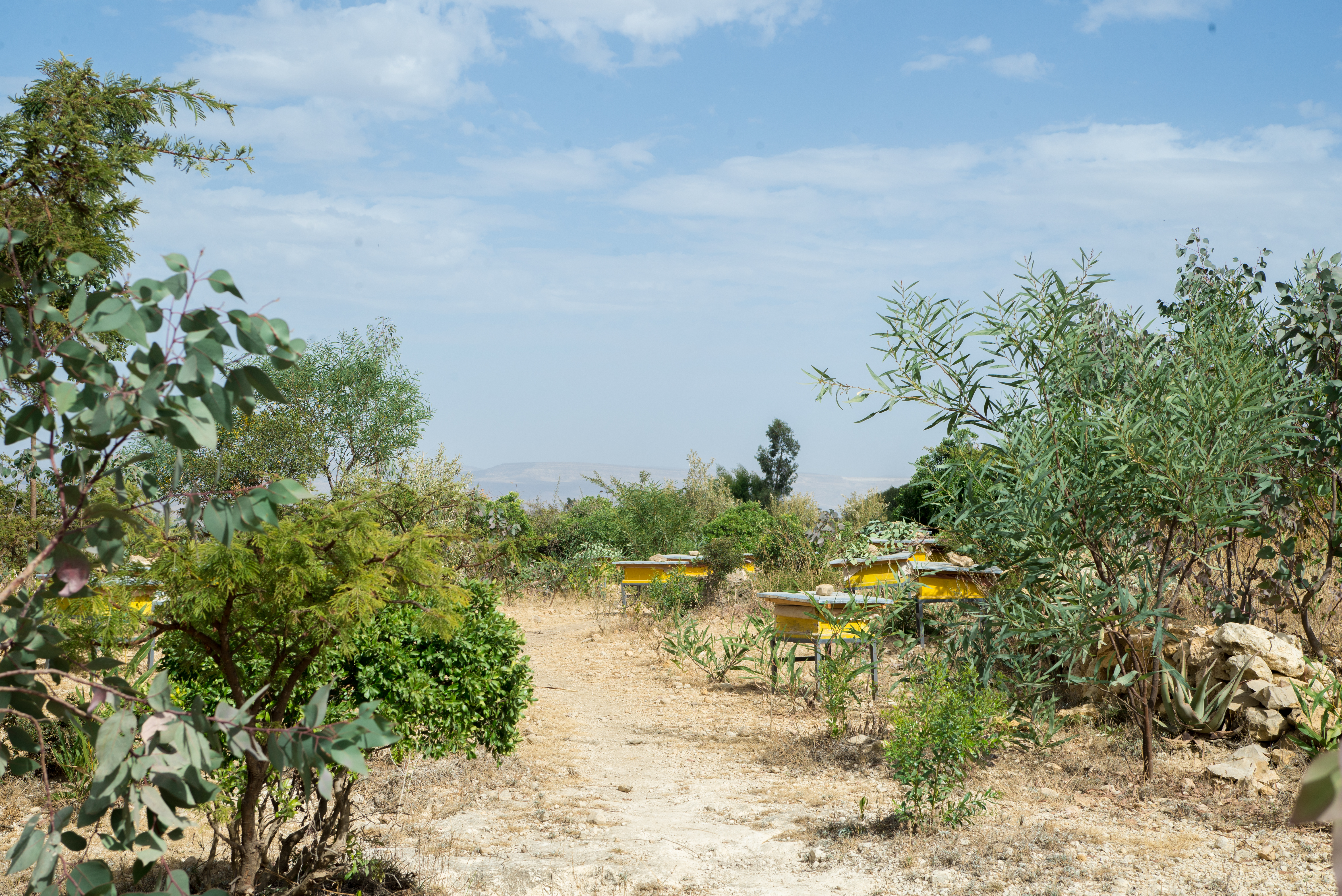
Restored ecosystems remove carbon
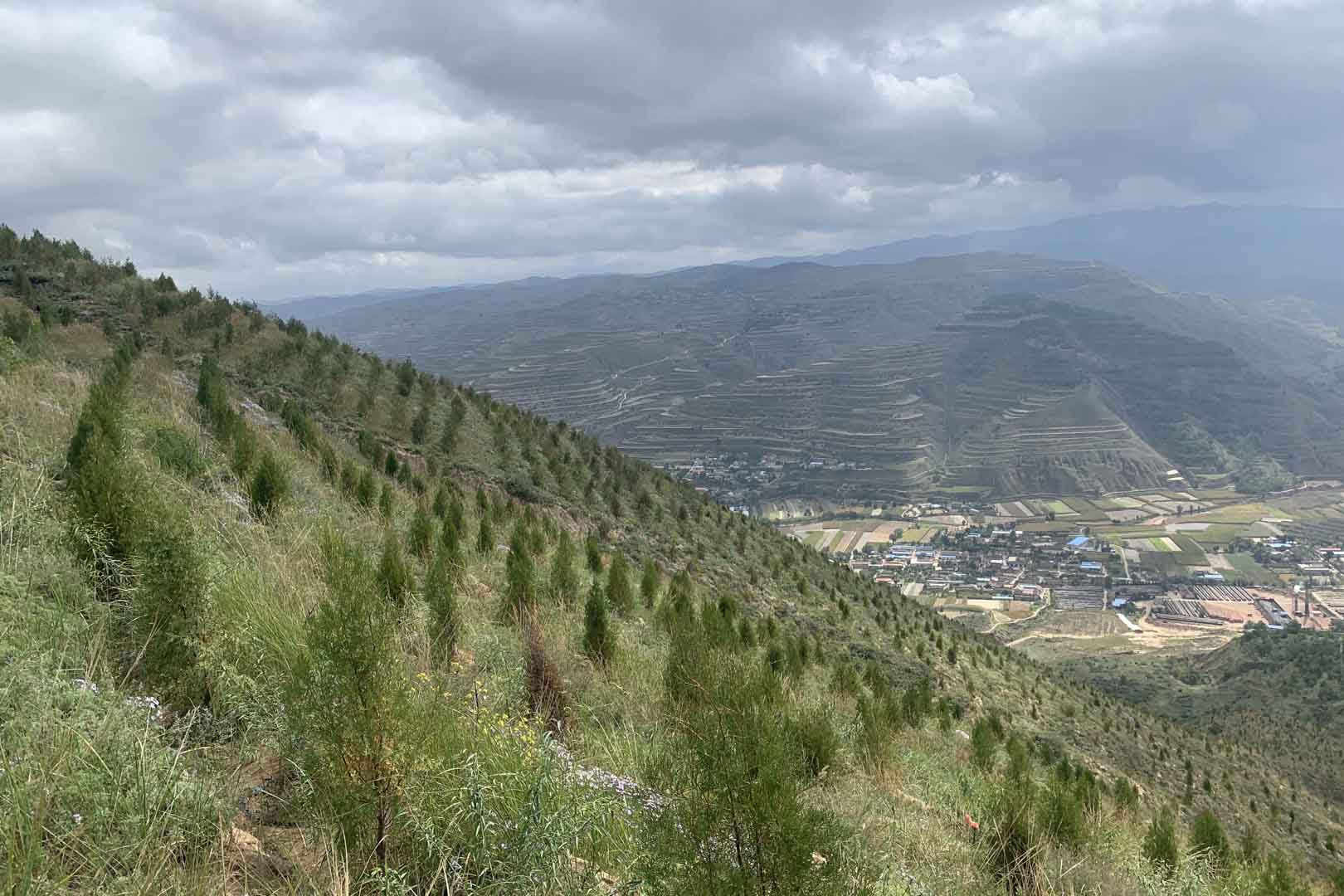
Turning degraded farmlands into healthy ecosystems
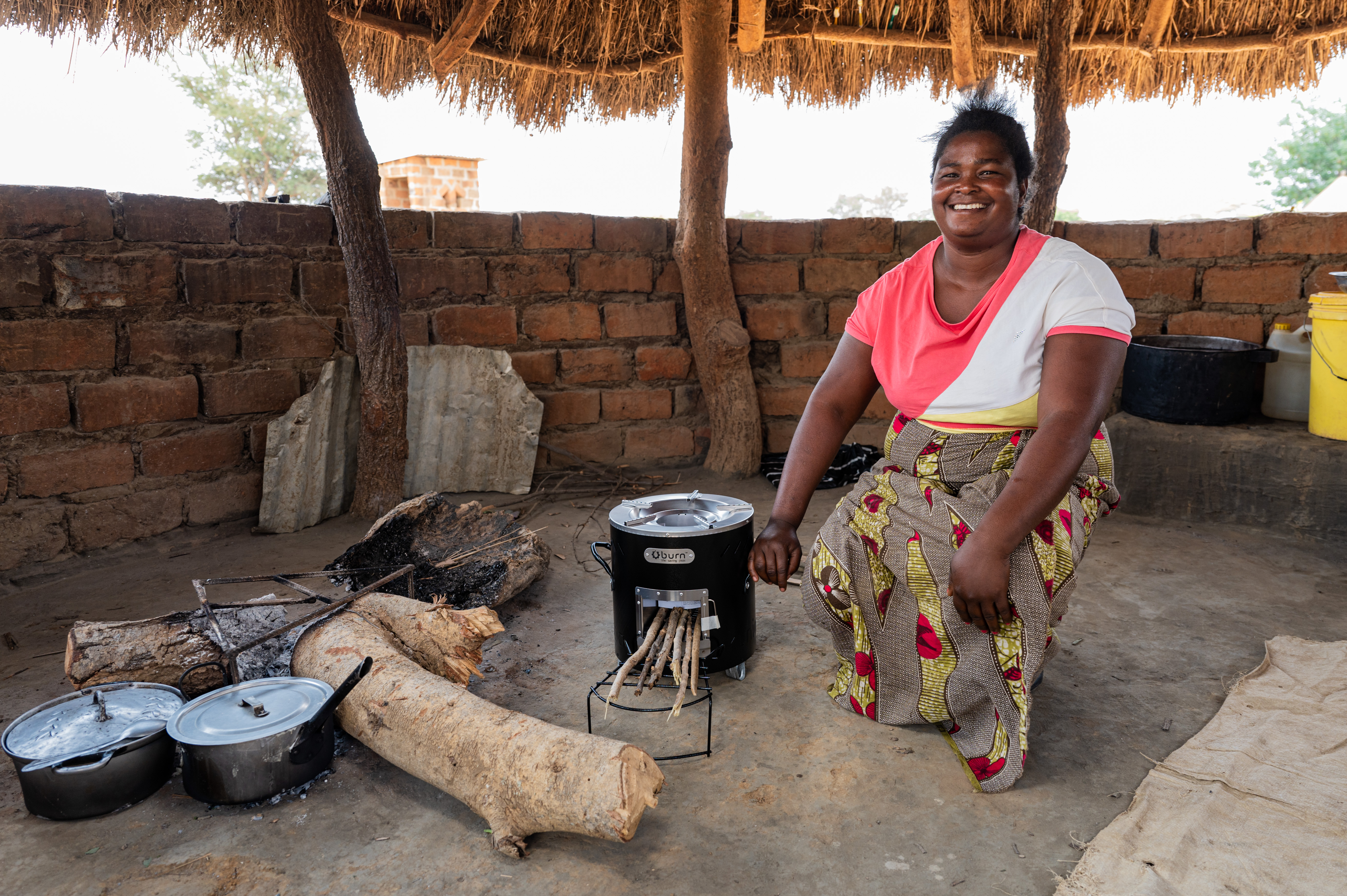
Improved cookstoves - better for health and the environment





